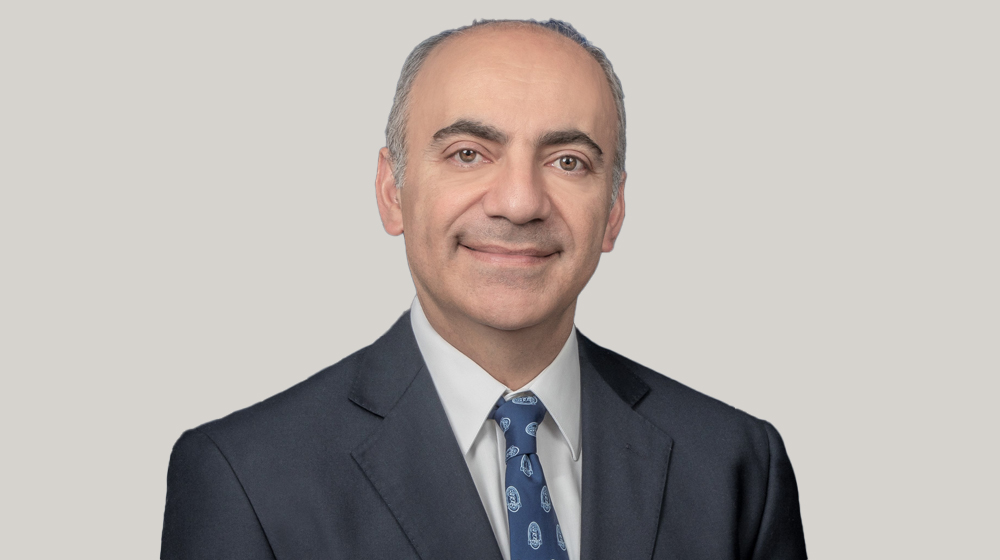Nolan Chang, MD, shares ways Kaiser Permanente is using AI to better the patient experience and reduce physician burnout.

Value-based care: A win-win for older adults, care systems
A dramatic rise in the over-65 population in the United States, combined with demand for health care services and cuts in Medicare Advantage funding, are spurring concerns that large health care plans might pull back on benefits for older adults, or even exit regions of the country. With these pressures in the spotlight, Ramin Davidoff, MD, co-CEO of The Permanente Federation, recently spoke about how Permanente Medicine initiatives are demonstrating that integrated, value-based care — an approach to medicine pioneered by Kaiser Permanente — is a win-win for older adults in terms of quality of care and reducing costs.
“We’ve never pulled back from the Medicare population,” said Dr. Davidoff during a fireside chat with Don Crane, former president and CEO of America’s Physician Groups, at the Virtual Fifth National Medicare Advantage Summit. “We are doubling down on the care that we provide.”
Addressing these challenges remains critical as the number of Americans who are 65 and older is expected to double to more than 98 million by 2060, or nearly 1 out of 4 people in the U.S.
Permanente physicians leading Kaiser Permanente’s value-based care
Setting itself apart from many other health care systems, Kaiser Permanente’s value-based model incentivizes physicians and staff to deliver high-quality care and prevent complex health issues before they occur, which can help reduce both illnesses and costs.
Dr. Davidoff highlighted several evidence-based measures that enhance care for older populations. He pointed to Kaiser Permanente’s initiatives around pharmacy, which provide safe and effective biosimilar medications instead of costly brand-name medications sold by pharmaceutical companies.
He also pointed to Permanente physicians’ efforts to “deprescribe” when warranted. Doctors review patient medications during every medical visit to address high-risk combinations of medications for people over 65. Deprescribing also reduces hyper polypharmacy — the use of 10 medications or more — which can increase hospitalization and mortality risks.
Related value-based care story: Ramin Davidoff, MD, on the benefits of integrated, value-based care
Dr. Davidoff then addressed the high level of costly care that older patients often need. With many older adults increasingly turning to emergency rooms for expensive care, Dr. Davidoff highlighted how 15 of 17 emergency departments in the Southern California Permanente Medical Group became certified for geriatric care, reducing patients’ risk of hospital admissions during an emergency visit up to 16.5%.
Older adults can experience complex physiological responses when going through surgery. Dr. Davidoff highlighted Kaiser Permanente’s Senior Surgical Care Program in Northern California, a multispecialty evaluation of older adults done before they have surgery in order to get a better picture of the potential outcome.
Once patients are enrolled, physicians can consider alternatives to surgery, and have managed to remedy approximately 20% of cases with nonsurgical treatments. Dr. Davidoff said that the program represents a win-win for patients, their families, health care organizations, and the quality of care.
“This is almost a playbook that can be used for a system that’s culturally willing to go in this direction and provide a new way of caring for the elderly and frail,” Dr. Davidoff said.
Related value-based care for older adults story: A holistic approach to medical excellence in geriatric care


